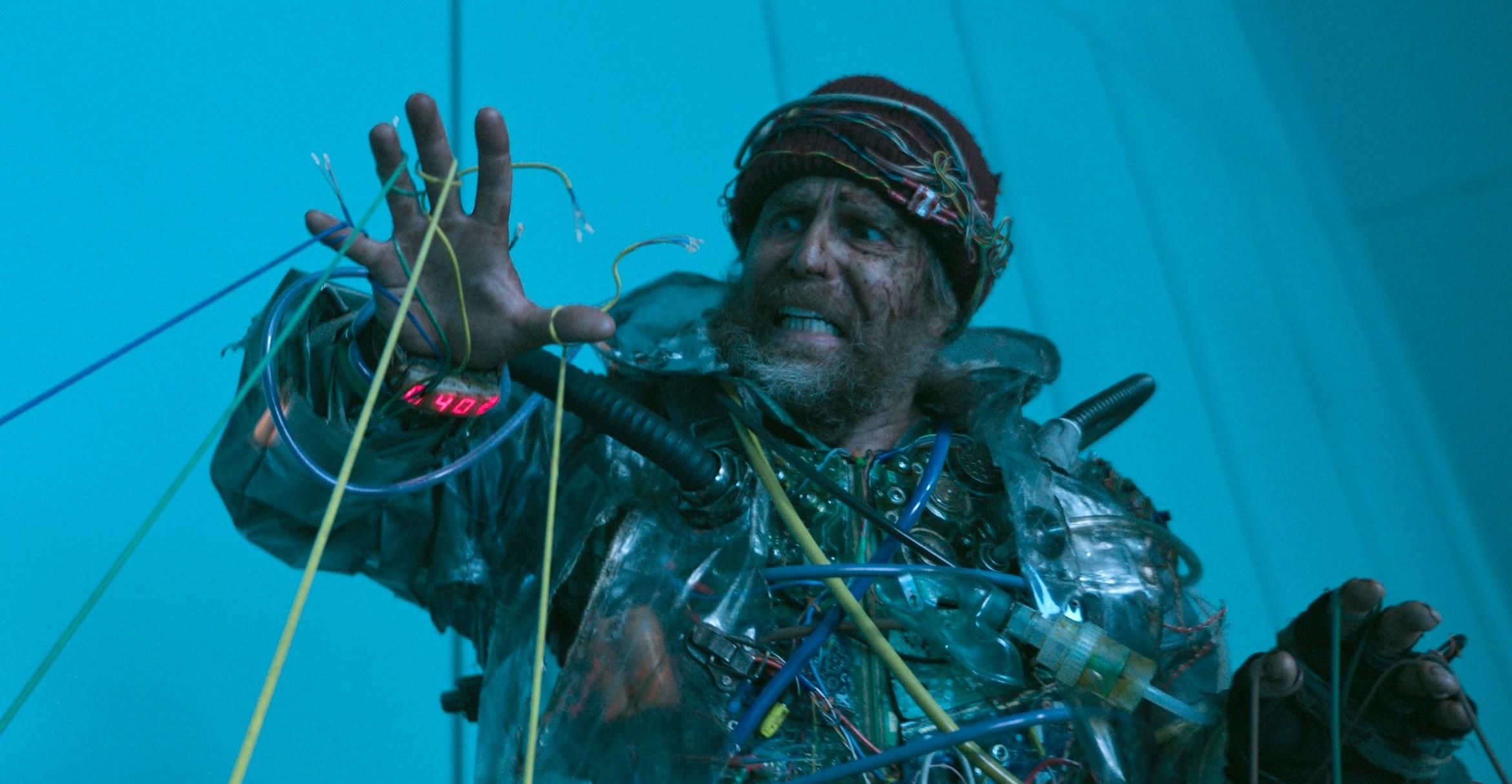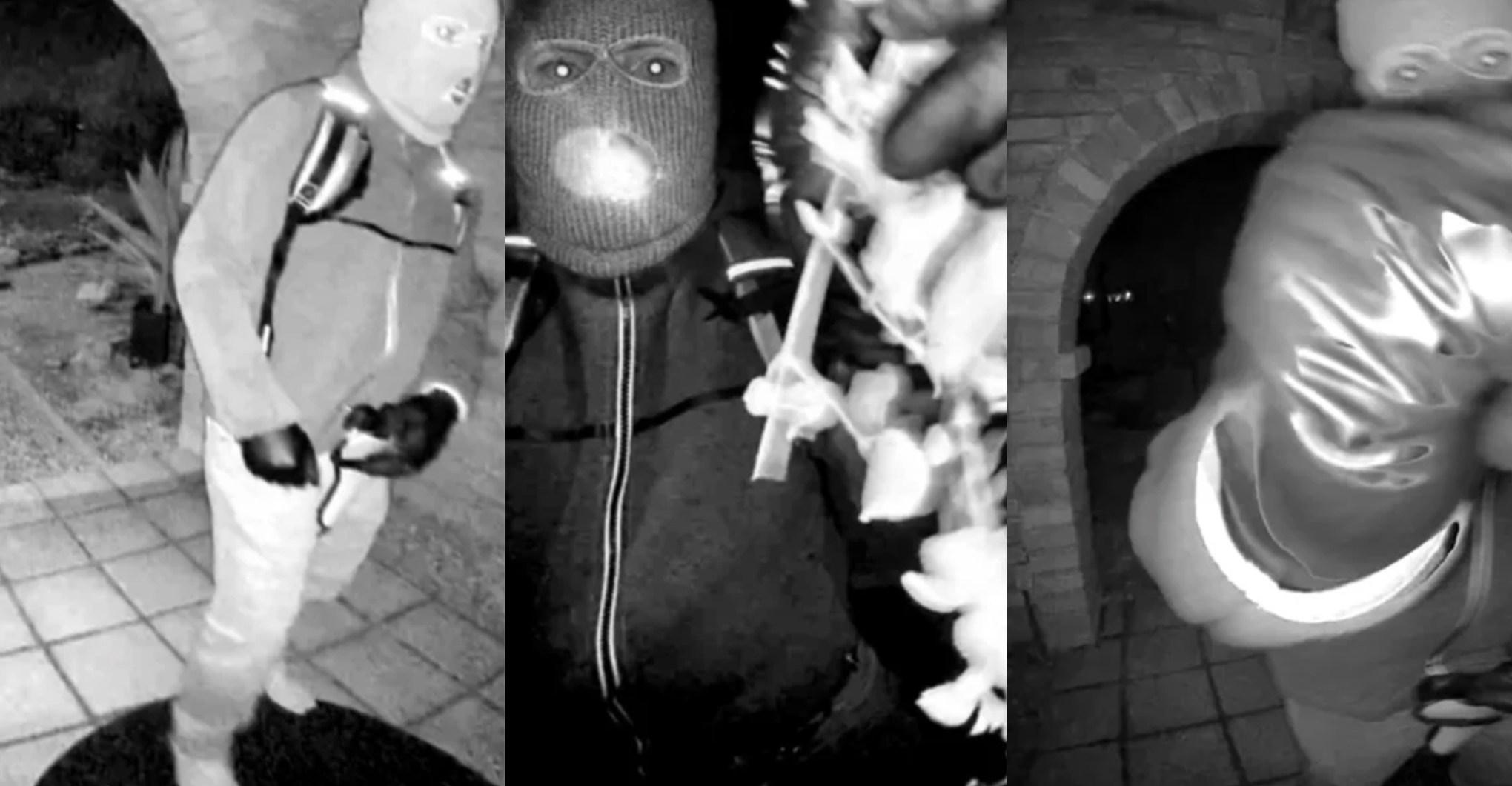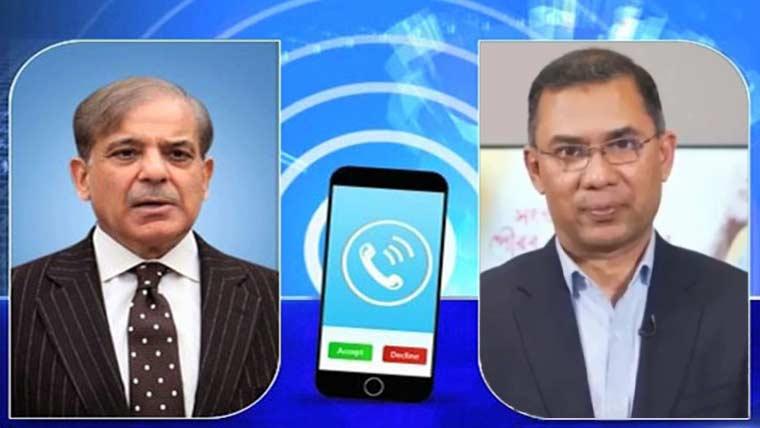George Carlin’s estate has filed a copyright infringement lawsuit against Dudesy, the media company that used generative artificial intelligence to produce a fake hour-long comedy special that imitates the deceased star’s voice and comedic style. The complaint filed in Los Angeles federal court on Thursday alleges that Carlin’s copyrighted materials and likeness were used without permission or appropriate licenses, calling the special a “piece of computer-generated click-bait which detracts from the value of Carlin’s comedic works and harms his reputation.”
- Home
- Technology
- News
Creators of AI-generated George Carlin special sued by late comedian’s estate
George Carlin’s estate has filed a copyright infringement lawsuit against Dudesy over a fake hour-long comedy special imitating the deceased star’s voice and comedic style.


The AI-generated special, titled George Carlin: I’m Glad I’m Dead, was released on the Dudesy podcast’s YouTube channel on January 9th, where it remains live and has since racked up almost 500,000 views. Dudesy podcast hosts Will Sasso and Chad Kultgen, who are also named in the complaint, responded to criticism surrounding the special several days after its release, referring to AI as “the next paintbrush” and saying that it’s a “new tool that’s going to be utilized in every facet of life.”
Carlin’s estate is requesting unspecified compensation for damages and the immediate removal of the faked AI comedy special.
Under the lawsuit, Carlin’s estate is seeking the immediate removal and destruction of all copies of the faked special, alongside an unspecified figure for damages. “The Dudesy Special is a bastardization of Carlin’s real work and his legacy,” the complaint alleges. “George Carlin, if he were alive today, may well have commented upon the topics discussed in the Dudesy Special, but he would have had control over what those comments were.”
The faked special has been widely condemned by Carlin’s fans and family members, who believe it to be a mockery of the late comedian’s work. “My dad spent a lifetime perfecting his craft from his very human life, brain and imagination. No machine will ever replace his genius,” said his daughter Kelly Carlin in a statement. “These AI-generated products are clever attempts at trying to recreate a mind that will never exist again. Let’s let the artist’s work speak for itself.”
This isn’t the first time Dudesy has attracted attention for using AI to mimic notable celebrities. Last April, former NFL star Tom Brady threatened to file a similar lawsuit against another AI-generated comedy special the company created using his likeness. The video, titled It’s Too Easy! A Simulated Hour-Long Comedy Special has since been removed from Dudesy’s YouTube channel.
Concerns regarding generative AI’s capabilities to digitally replicate performers’ likenesses and voices played a visible role in the SAG-AFTRA strike last year, as actors fought to secure informed consent and compensation guardrails for AI’s use in the entertainment industry. The bipartisan No Fakes Act proposed by US senators last October also seeks to introduce laws that protect performers from being digitally replicated without their consent.
Multan hosts All Pakistan Long Range Shooting Championship
- 3 hours ago

DG ISPR visits various educational institutions of Lahore
- a day ago

Gold prices plunge in Pakistan, global markets
- 3 hours ago
FinMin claims losses of SOEs plummet by around Rs74b in three years
- 3 hours ago
Field Marshal Asim Munir vows to deepen Pak-UAE partnership
- 2 hours ago

High voltage clash: India defeat pakistan by 61 Runs, qualify for Super Eight
- 20 hours ago

Westminster Int'l School Bahria Campus concludes Phoenix Fest & Mavericks 2026 in grand style
- 2 hours ago

Field Marshal Syed Asim Munir meets global leaders during Germany visit
- a day ago

SSWMB earns national recognition for clean Sindh initiative
- a day ago
Blast near Bannu police station leaves two dead, 17 wounded
- 3 hours ago

Good Luck, Have Fun, Don’t Die is a rollicking parable about this moment in tech
- 14 hours ago

T20World Cup high voltage clash: India set 176 run target for Pakistan to win
- a day ago










